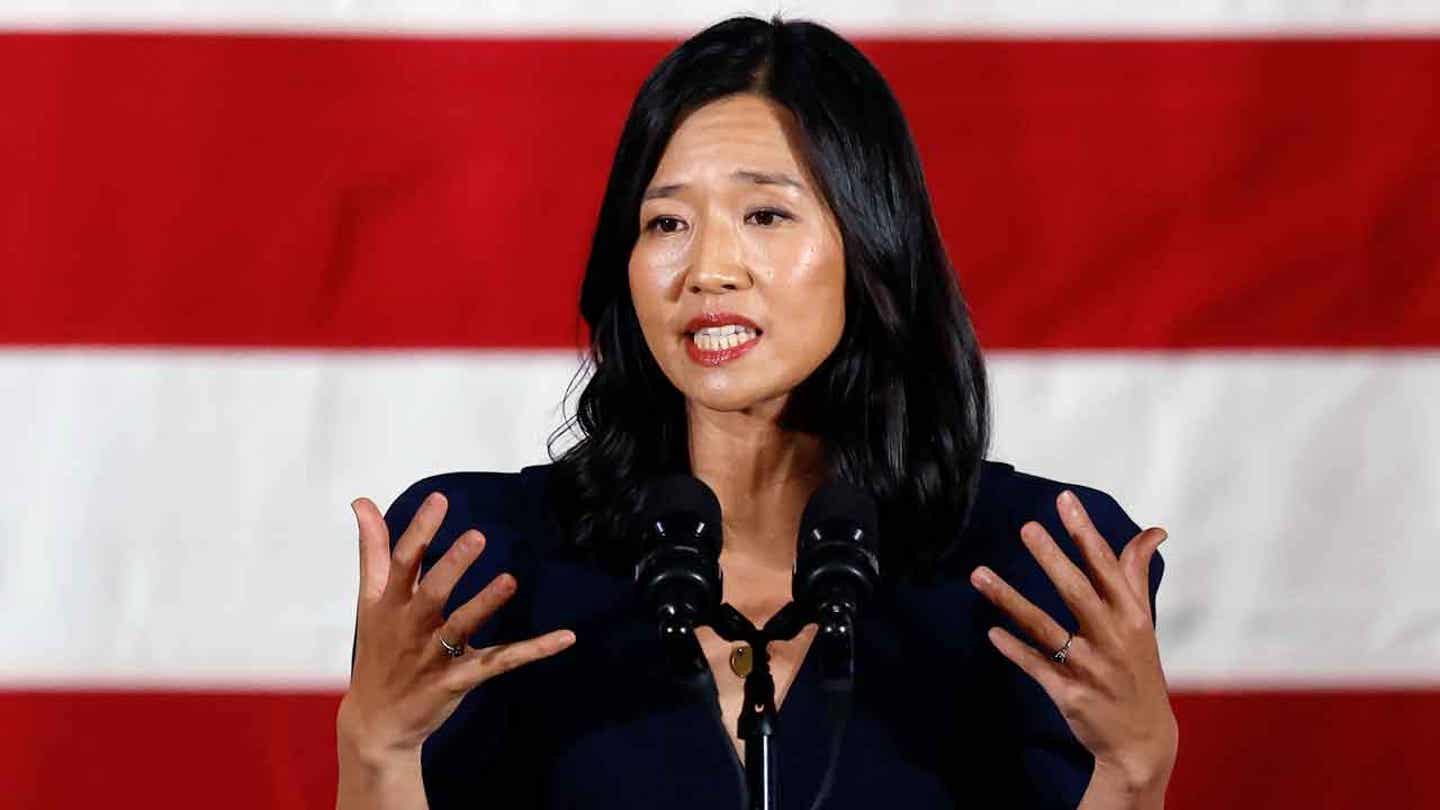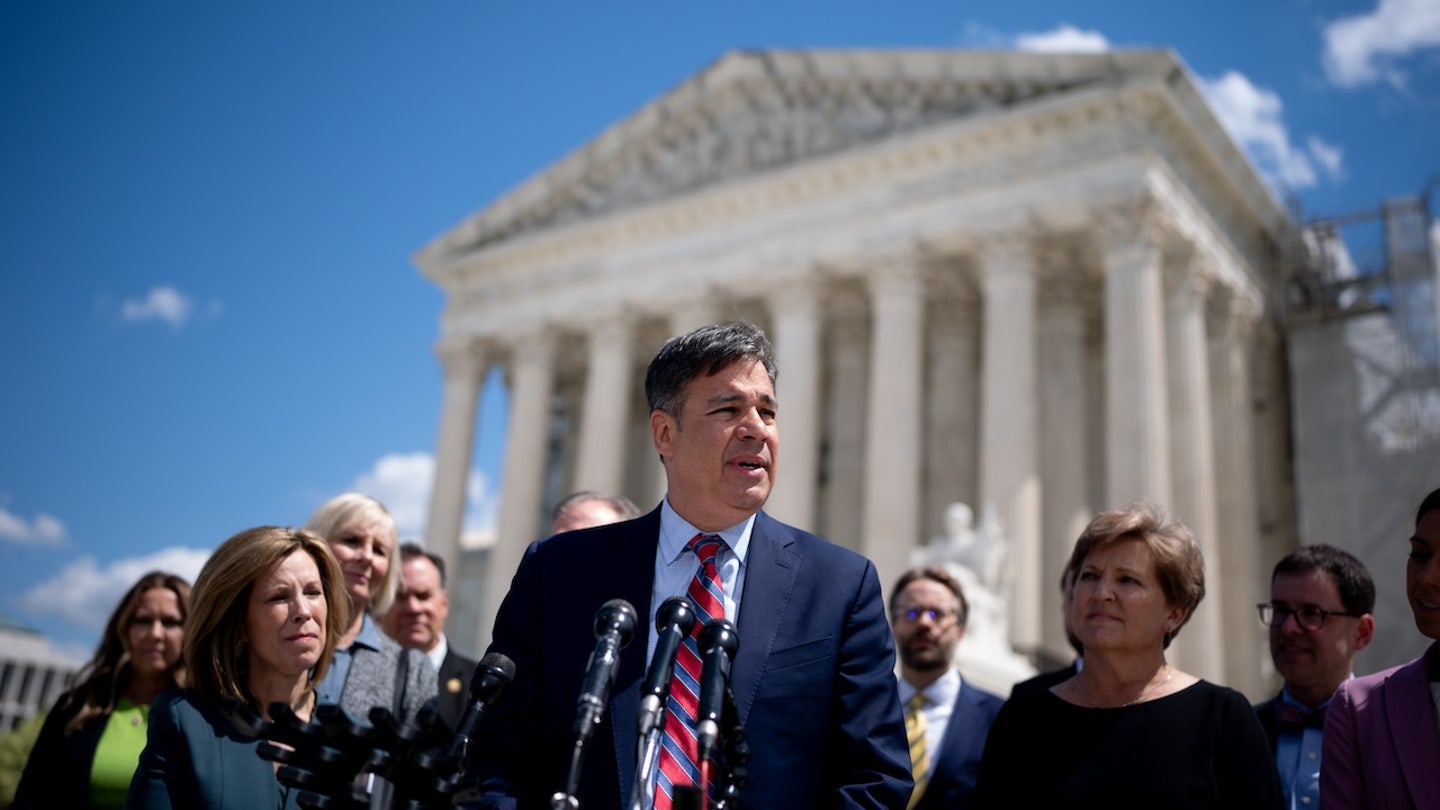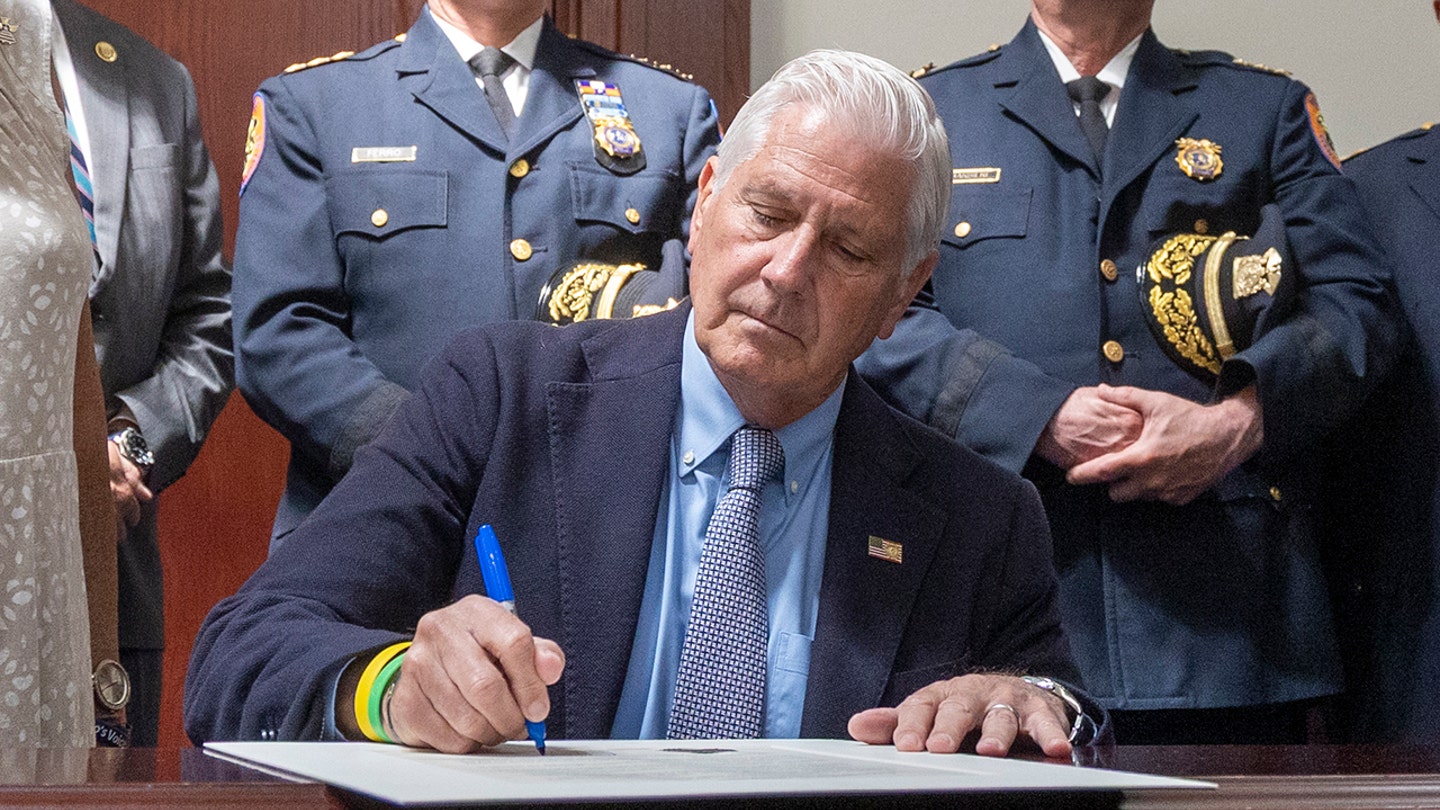
UK authorities seek to reverse decision to ban Maccabi Tel Aviv fans from Villa game
Entities mentioned:
- British officials: Justice, Security, Duty
- Maccabi Tel Aviv: Competitive spirit, Pride, Self-respect
- Keir Starmer: Justice, Righteousness, Unity
- UEFA: Fairness, Unity, Professional pride
- Aston Villa: Security, Professional pride, Obligation
- West Midlands Police: Security, Duty, Wariness
- Jack Angelides: Indignation, Justice, Competitive spirit
Article Assessment:
Credibility Score: 75/100
Bias Rating: 45/100 (Center)
Sentiment Score: 35/100
Authoritarianism Risk: 25/100 (Generally Democratic)
Bias Analysis:
The article presents multiple perspectives, including government officials, police, and team representatives. It balances security concerns with criticism of the ban, maintaining a relatively neutral stance.
Key metric: International Sports Relations
Let me tell you something, folks - this is a GAME-CHANGING play in the world of international soccer! We've got a real defensive struggle going on between British officials and Maccabi Tel Aviv fans. The UK is trying to pull off a last-minute substitution, reversing that fan ban faster than a striker on a breakaway! But make no mistake, this isn't just about soccer - it's about fair play and sportsmanship on a global scale. The Prime Minister is stepping up to the plate, calling an audible to overturn what he sees as the wrong call. UEFA's throwing the challenge flag, urging the Brits to let those Israeli fans into the stadium. It's fourth and long for diplomacy, and they're going for it! This is the kind of high-stakes match that separates the champions from the also-rans in international relations. I'm telling you right now, how they handle this could be the difference between a gold medal in global cooperation and a red card for discrimination. The clock is ticking, the pressure's on, and the whole world is watching to see if they can pull off this crucial play before the final whistle!

Ex-UPenn swimmer Lia Thomas to receive 'Voice of Inspiration' Award at Dodgers-sponsored event
Entities mentioned:
- Lia Thomas: Recognition, Ambition, Self-respect
- Rainbow Labs: Unity, Justice, Influence
- Riley Gaines: Competitive spirit, Righteousness, Moral outrage
- Los Angeles Dodgers: Recognition, Influence, Professional pride
Article Assessment:
Credibility Score: 65/100
Bias Rating: 65/100 (Lean Right)
Sentiment Score: 35/100
Authoritarianism Risk: 40/100 (Generally Democratic)
Bias Analysis:
The article leans right, giving more space to critical voices like Riley Gaines. It also uses loaded language when describing transgender issues, potentially swaying reader opinion.
Key metric: Gender Equality in Sports
Let me tell you something - this story is a GAME-CHANGER in the world of sports! We're seeing a real clash of titans here, folks, with Lia Thomas stepping up to the plate and swinging for the fences in the fight for transgender rights in athletics. But hold onto your hats, because Riley Gaines is coming in hot with a defensive play that could turn this whole match around! The Dodgers are playing both sides of the field here, trying to score points with multiple fan bases. This isn't just a swim meet anymore, people - we're talking about a full-on ideological decathlon that's going into overtime! The rules of the game are changing, and everyone's fighting for their spot on the podium. It's fourth quarter, it's do or die, and I'm telling you right now, this controversy is far from over!

Colts' Zaire Franklin backs suspended Lions safety Brian Branch over JuJu Smith-Schuster fight
Entities mentioned:
- Zaire Franklin: Competitive spirit, Righteousness, Moral outrage
- Brian Branch: Self-respect, Competitive spirit, Indignation
- JuJu Smith-Schuster: Competitive spirit, Self-preservation, Pride
- Dan Campbell: Professional pride, Duty, Righteousness
Article Assessment:
Credibility Score: 75/100
Bias Rating: 50/100 (Center)
Sentiment Score: 35/100
Authoritarianism Risk: 30/100 (Generally Democratic)
Bias Analysis:
The article presents multiple perspectives, including players and coaches. It balances quotes supporting and condemning the incident, maintaining a relatively neutral stance.
Key metric: NFL Player Conduct
Let me tell you something, folks - this is RIDICULOUS! We've got a full-on GRUDGE MATCH brewing in the NFL! Zaire Franklin is coming off the top rope, backing Brian Branch like he's tag-teaming in the WWE! JuJu Smith-Schuster? He's playing dirty pool, folks, and Franklin's calling him out for his unsportsmanlike conduct! This isn't just about football anymore - it's about RESPECT on the field! Branch might be sidelined for a game, but in the court of player opinion, he's stepping up to the plate and sending a message: no more Mr. Nice Guy! Meanwhile, Coach Campbell is playing referee, trying to keep his team's reputation clean in this high-stakes game of integrity. I'm telling you right now, this kind of tension could be a game-changer for team dynamics across the league!

NBA suspends employee who made crude remarks following Charlie Kirk assassination
Entities mentioned:
- NBA: Professional pride, Control, Self-preservation
- NBA Employee: Moral outrage, Indignation, Self-expression
- Charlie Kirk: Influence, Legacy, Righteousness
- Donald Trump: Legacy, Power, Recognition
- Turning Point USA: Competitive spirit, Influence, Recognition
- NFL: Professional pride, Control, Recognition
Article Assessment:
Credibility Score: 70/100
Bias Rating: 65/100 (Lean Right)
Sentiment Score: 30/100
Authoritarianism Risk: 35/100 (Generally Democratic)
Bias Analysis:
The article leans right due to its focus on conservative figures and reliance on right-leaning sources like Fox News and OutKick. However, it does present some factual information from the NBA directly.
Key metric: Political Polarization Index
Folks, we're witnessing a MAJOR FOUL on the court of public discourse! The NBA, usually a slam-dunk when it comes to PR, just air-balled with this employee situation. Let me tell you something - this is a GAME-CHANGING moment! The league is playing defense, trying to protect its brand from a rogue player who went way out of bounds with their comments. It's like they're in the fourth quarter, down by 20, and desperately need to rally. The suspension is their Hail Mary pass, but will it be enough to win back the crowd? Meanwhile, Turning Point USA is making a bold offensive play, going head-to-head with the NFL in a Super Bowl showdown. This is the kind of high-stakes competition that separates the champions from the benchwarmers, folks! The political arena has become a full-contact sport, and these players are leaving it all on the field. I'm telling you right now, we're in for one heck of a matchup!

Arkansas HC John Calipari Vows to Retire Before Taking 'Transactional' Approach
Entities mentioned:
- John Calipari: Professional pride, Legacy, Righteousness
- NCAA: Control, Power, Self-preservation
- College Basketball Programs: Competitive spirit, Ambition, Recognition
Article Assessment:
Credibility Score: 75/100
Bias Rating: 55/100 (Center)
Sentiment Score: 35/100
Authoritarianism Risk: 40/100 (Generally Democratic)
Bias Analysis:
The article presents Calipari's viewpoint prominently, but also includes context on broader changes in college athletics. It balances personal opinion with factual information about recent developments.
Key metric: NCAA Basketball Competitiveness
Let me tell you something - this story is a GAME-CHANGER! Coach Calipari is stepping up to the plate and calling out the new playbook in college hoops. He's drawing a line in the sand, folks! This is a coach with a championship pedigree saying he'd rather hang up his whistle than play ball in this new era of transactional athletics. It's fourth quarter, crunch time for college sports, and Calipari's making a bold defensive stand against the tide of NIL deals and transfer portal madness. He's putting team loyalty and player development back in the starting lineup, while benching the 'mercenary' mentality. This is a coaching legend trying to rally the troops and change the momentum of the game before it's too late. I'm telling you right now, this could be the motivational speech that turns the tide in college athletics!

Chiefs' Hollywood Brown got baptized days before two-touchdown game vs Lions: 'Whole weekend's been amazing'
Entities mentioned:
- Marquise 'Hollywood' Brown: Righteousness, Recognition, Self-respect
- Kansas City Chiefs: Competitive spirit, Professional pride, Ambition
- Marcellus Casey: Duty, Righteousness, Influence
- Patrick Mahomes: Competitive spirit, Ambition, Professional pride
- Travis Hunter: Righteousness, Self-respect, Determination
Article Assessment:
Credibility Score: 75/100
Bias Rating: 45/100 (Center)
Sentiment Score: 75/100
Authoritarianism Risk: 20/100 (Strongly Democratic)
Bias Analysis:
The article presents a balanced view of the events, focusing on the players' personal choices and their impact on performance. It doesn't lean heavily towards any political ideology, maintaining a neutral stance on the religious aspects.
Key metric: NFL Player Performance
Let me tell you something - this story is RIDICULOUS! We're seeing a GAME-CHANGING play happening off the field that's translating to TOUCHDOWNS on the gridiron! Hollywood Brown has made a spiritual POWER MOVE, getting baptized just days before his TWO-TOUCHDOWN PERFORMANCE! This is the kind of CHAMPIONSHIP MENTALITY that separates the PROS from the AMATEURS! Brown's not just playing for the scoreboard, he's playing for a HIGHER CALLING, and it's paying dividends! The Chiefs have found a secret weapon in Brown's renewed faith, and I'm telling you right now, this could be the X-FACTOR that propels them to VICTORY! We're seeing a TEAM PLAYER step up to the plate, not just for his squad, but for his SOUL! This is the kind of FOURTH QUARTER MOVE that can change the entire TRAJECTORY of a season!

Boston mayor responds to Trump's threats to pull World Cup games out of city amid safety concerns
Entities mentioned:
- Michelle Wu: Pride, Determination, Professional pride
- Donald Trump: Power, Influence, Control
- FIFA: Professional pride, Security, Legacy
- Gianni Infantino: Professional pride, Duty, Control
- Maura Healey: Righteousness, Control, Security
Article Assessment:
Credibility Score: 75/100
Bias Rating: 55/100 (Center)
Sentiment Score: 35/100
Authoritarianism Risk: 40/100 (Generally Democratic)
Bias Analysis:
The article presents multiple viewpoints, including statements from both sides. While it leans slightly right by featuring more of Trump's comments, it balances this with responses from local officials.
Key metric: US International Reputation
Let me tell you something - this story is RIDICULOUS! We've got a real political grudge match brewing over the World Cup, folks! Trump's trying to pull a fourth-quarter audible by threatening to yank the games from Boston, but Mayor Wu is stepping up to the plate with a championship mentality. This is like watching two heavyweight contenders duke it out for hosting rights! FIFA's caught in the crossfire, playing both offense and defense as they navigate this high-stakes match-up. Governor Healey's not sitting on the sidelines either - she's suiting up and getting in the game to tackle the city's safety concerns head-on. I'm telling you right now, this is shaping up to be a nail-biter of a showdown that could seriously impact Team USA's reputation on the world stage!

Browns wide receiver David Bell, 24, retires after being ‘blindsided’ by off-field injury
Entities mentioned:
- David Bell: Self-preservation, Duty, Legacy
- Cleveland Browns: Professional pride, Loyalty, Competitive spirit
- Brad Sohn: Justice, Determination, Righteousness
Article Assessment:
Credibility Score: 75/100
Bias Rating: 50/100 (Center)
Sentiment Score: 30/100
Authoritarianism Risk: 20/100 (Strongly Democratic)
Bias Analysis:
The article presents a balanced view of the situation, quoting directly from Bell's statement and including the team's response. It doesn't lean towards sensationalism or take sides in the matter.
Key metric: NFL Player Safety and Career Longevity
Let me tell you something - this story is a GAME-CHANGER! David Bell, a young wide receiver with so much potential, has been forced to hang up his cleats way too early in his career. This is like watching a star quarterback get sacked in the first quarter of the Super Bowl! The Browns' offensive playbook just lost a key weapon, and it's a stark reminder that in the NFL, your career can be cut short faster than a 40-yard dash. Bell's decision to prioritize his health over the game shows the kind of heart and courage you want in a franchise player. But folks, this isn't just about one player - it's about the whole league facing a fourth and long situation when it comes to player safety. Attorney Brad Sohn is stepping up to the plate, promising to tackle this issue head-on. Mark my words, this could be a turning point in how the NFL protects its athletes both on and off the field. The game is changing, and it's time for the league to show some championship-level commitment to keeping its players in the game for the long haul!

Federal judge rules in favor of allowing SCOTUS case over trans athletes to proceed after attempt to dismiss
Entities mentioned:
- Idaho Attorney General Raul Labrador: Justice, Competitive spirit, Determination
- Lindsay Hecox: Self-preservation, Recognition, Freedom
- U.S. District Judge David Nye: Justice, Duty, Professional pride
- Alliance Defending Freedom: Righteousness, Competitive spirit, Justice
Article Assessment:
Credibility Score: 75/100
Bias Rating: 65/100 (Lean Right)
Sentiment Score: 55/100
Authoritarianism Risk: 40/100 (Generally Democratic)
Bias Analysis:
The article leans right, focusing more on the perspective of those supporting the ban on trans athletes. It gives more space to quotes and arguments from the Idaho Attorney General and his allies.
Key metric: Equality in Sports Participation
Let me tell you something, folks - this is a HUGE play in the game of women's sports! We're seeing a real heavyweight bout between team 'Save Women's Sports' and the trans athlete squad. Idaho's Attorney General Labrador is coming out swinging, refusing to let this case get sidelined. This is fourth quarter, championship-level strategy we're witnessing! Judge Nye just threw a yellow flag on Hecox's attempt to run out the clock, keeping this match alive for the Supreme Court showdown. I'm telling you right now, this is the kind of clutch decision that can change the entire landscape of the playing field. We're not just talking about one athlete here - this is about the future of the whole league! The defense is playing offense, pushing for a game-changing ruling that could rewrite the rulebook for the entire nation. This is the kind of high-stakes face-off that defines careers and leaves a legacy. Stay tuned, sports fans - this matchup is going into overtime!

Long Island county executive vows to ‘protect’ women’s sports after appeals court halts trans athlete ban
Entities mentioned:
- Bruce Blakeman: Competitive spirit, Righteousness, Determination
- Nassau County: Control, Justice, Security
- Long Island Roller Rebels: Justice, Self-respect, Unity
- Amanda Urena: Justice, Self-respect, Recognition
- New York Civil Liberties Union: Justice, Righteousness, Moral outrage
Article Assessment:
Credibility Score: 75/100
Bias Rating: 55/100 (Center)
Sentiment Score: 40/100
Authoritarianism Risk: 35/100 (Generally Democratic)
Bias Analysis:
The article presents both sides of the argument, quoting officials and activists from opposing viewpoints. While it gives slightly more space to Blakeman's perspective, it also includes counterarguments and legal context.
Key metric: Gender Equality in Sports Participation
Let me tell you something - this is a MAJOR LEAGUE showdown, folks! We've got a real clash of titans here as Nassau County and Bruce Blakeman are trying to run a full-court press against transgender athletes. But hold onto your hats, because the appeals court just threw a HUGE red flag on the play! This is like watching a championship game go into sudden death overtime. Blakeman's team is showing that never-say-die attitude, vowing to keep fighting despite this setback. Meanwhile, the Long Island Roller Rebels are celebrating like they've just won the World Series! But mark my words, this game is far from over. We're seeing some fourth-quarter heroics from both sides, and it's anyone's guess who'll come out on top when the final whistle blows. This isn't just about sports, folks - it's about the very nature of fair play and what it means to compete on a level playing field. Stay tuned, because this matchup is going right down to the wire!